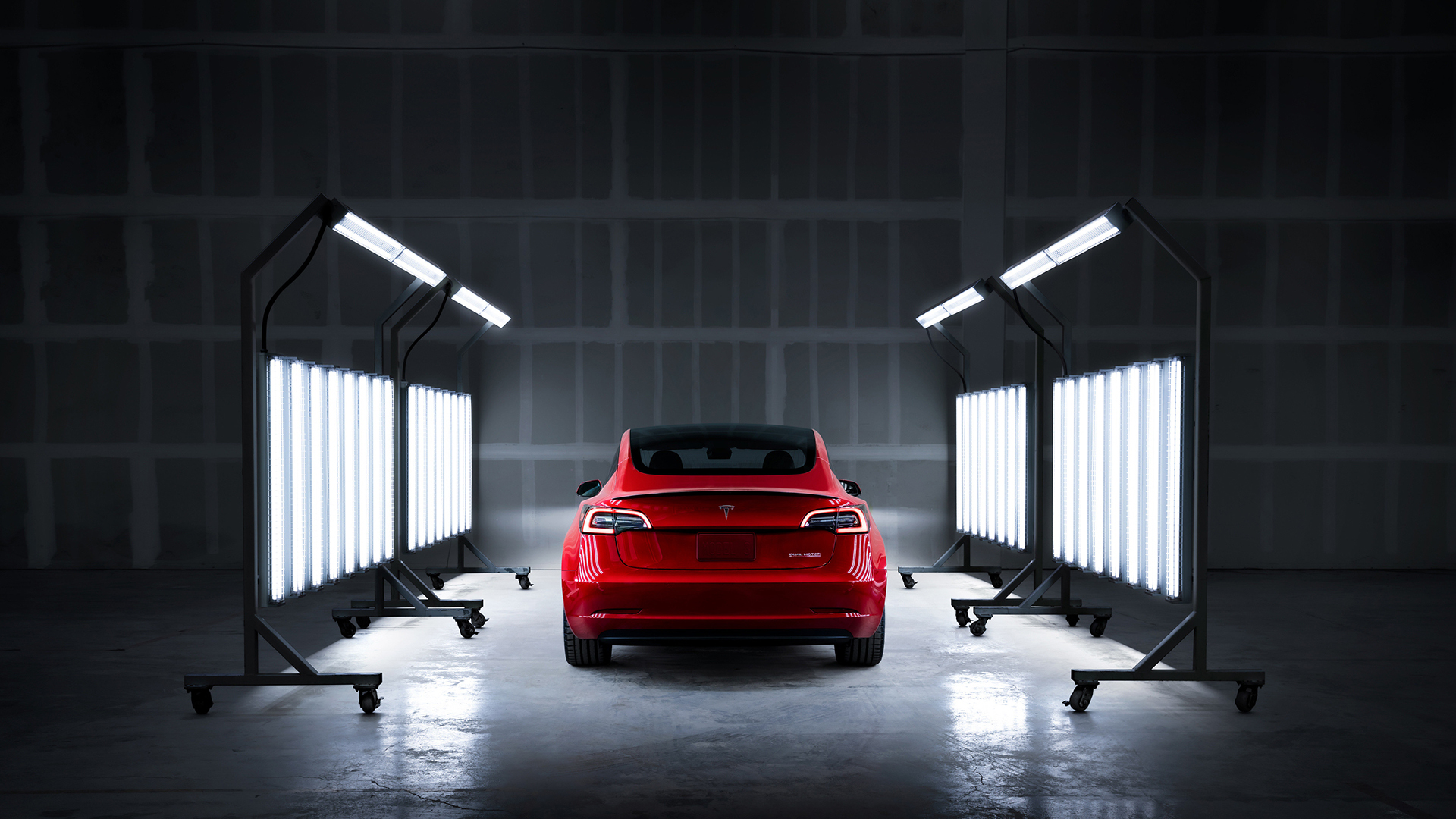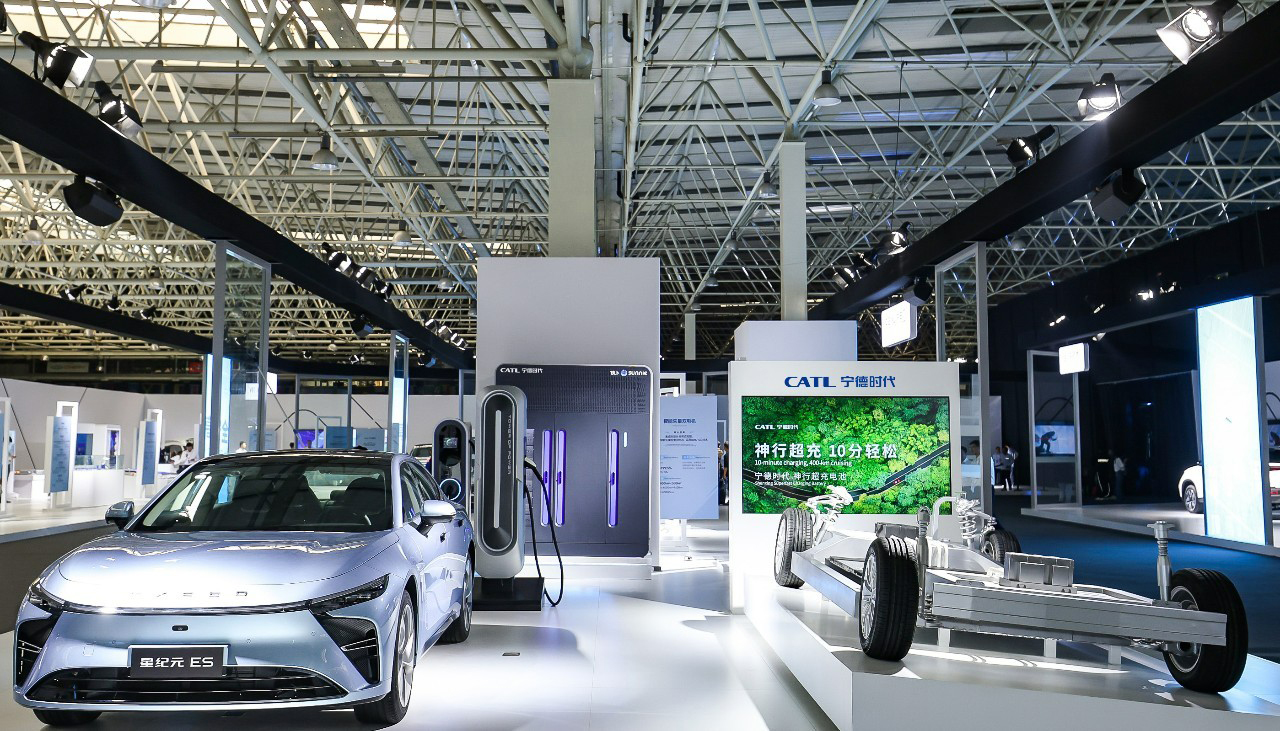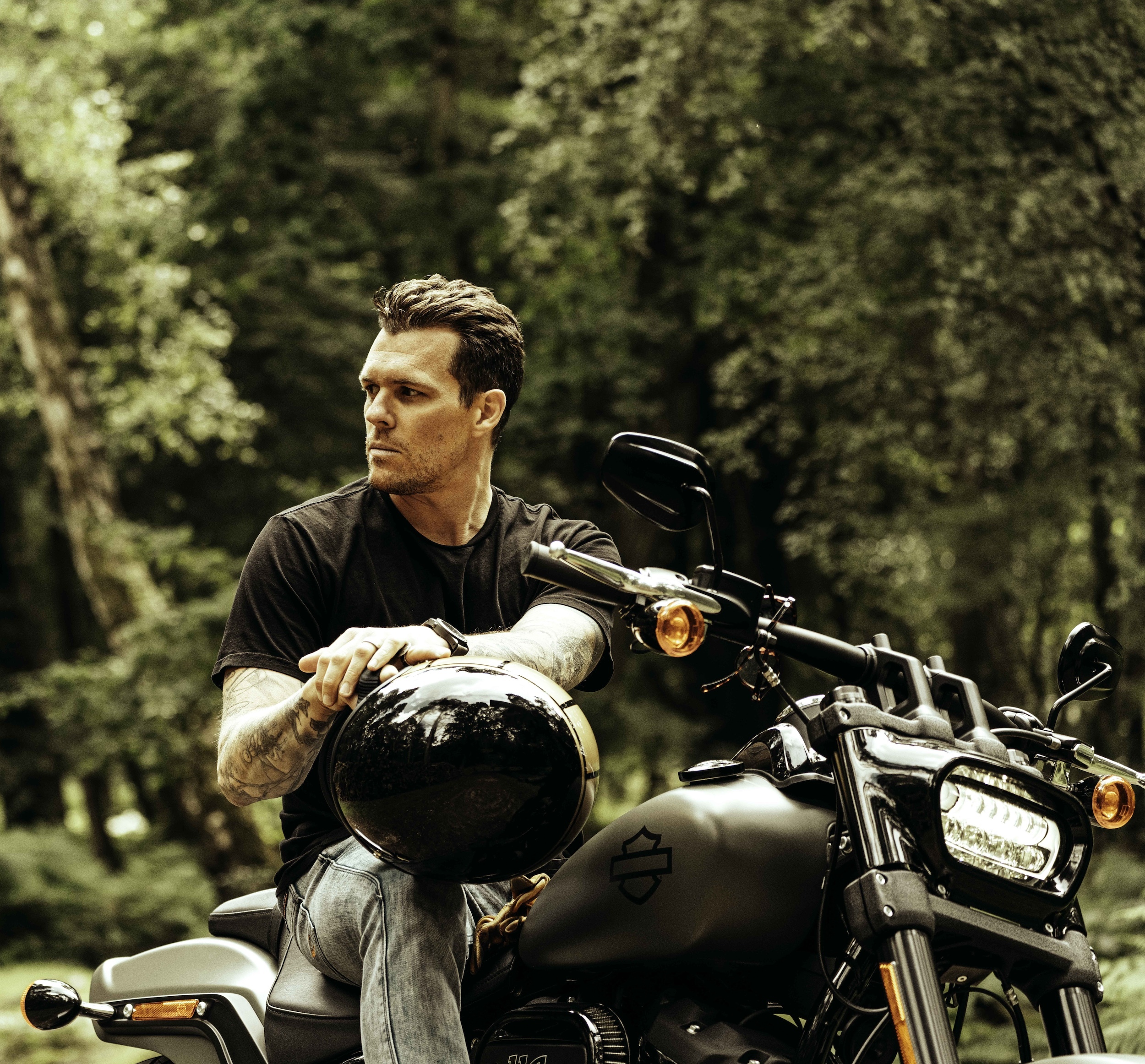Tesla EVs could get a massive range boost from new battery tech that promises a 373-mile range from a 10-minute charge
Superior energy density could see 621 miles of emissions-free motoring

Sign up for breaking news, reviews, opinion, top tech deals, and more.
You are now subscribed
Your newsletter sign-up was successful
CATL, a Chinese company that is at the forefront of supplying the world's EV battery packs, announced a new technology at the Beijing auto show last week that could see as much as 621-miles possible from a single charge of an EV battery.
Dubbed the Shenxing Plus EV battery, this lithium-iron phosphate (LFP) pack boasts what the company refers to as a "proprietary honeycomb material" added to the anode. The energy density is far superior to other LFP batteries currently on the market, with CATL claiming a full battery will deliver 1,000km (around 621 miles) of range when fully brimmed.
What’s more, it says that just 10 minutes of super-fast charging will add a staggering 600km (or around 373-miles) of range on the Chinese testing cycle. The battery technology has apparently been tested in temperatures as low as -20C, where it was still capable of achieving the rapid charging speeds.
Currently, there is no word on when we will be seeing the new battery tech make it into a production vehicle, but according to Electrek CATL’s share of the market reached as high as 36.8% in 2023, nearly 21% ahead of its closest rival. It also provides its technology to the likes of BMW, Hyundai, Honda, Volkswagen and many more.
One of CATL's highest profile customers is Tesla and a report by Bloomberg News earlier this year suggested that the Chinese company was working on faster charging batteries for some of Tesla’s most popular models.
What’s more, CATL’s chairman, Robin Zeng, was spotted visiting Elon Musk’s hotel room during his surprise visit to China this weekend. Reuters claims CATL Chairman Zeng was seen exiting an elevator in the lobby of Musk's hotel, where he was greeted by two top Tesla China executives, although little more is known of the contents of any alleged discussion.
Driving down the cost of electric motoring

CATL, alongside its rival EV and battery maker BYD, is busy producing ever cheaper and more energy dense battery packs that are due to be shipped to vehicle makers all over the globe.
Sign up for breaking news, reviews, opinion, top tech deals, and more.
There is no doubt that the next generation of electric passenger cars and small commercial vehicles will offer far superior range and faster charging times, chipping away at the range anxiety that still appears to the pushing more customers towards hybrid vehicles.
Alas, the rate at which Chinese companies have accelerated EV battery technology over recent years hasn’t gone unnoticed, with US lawmakers repeatedly questioning a joint deal between Ford and CATL to build a factory in Michigan that would produce low-cost lithium iron phosphate batteries, for example.
The US has previously cited security concerns where Chinese EV technology and components are concerned, but a number of industry analysts believe it is also an attempt to ensure the West remains competitive on the world stage. However, most battery companies outside of China are a long way behind in terms of mass producing energy dense battery packs at a low cost per unit.
According to The Guardian, Michael Dunne, the founder of Dunne Insights, an EV consultancy, says the US is "years behind when it comes to batteries, battery supply chains, critical minerals. This is where our cupboard is bare."
Although we have no clear idea when CATL's latest battery breakthrough will be commercially available, it makes sense that Tesla's Chinese-made Model 3 could be among the first to receive it, seeing as it remains one of the most popular electric vehicles in China, despite fierce competition.
You might also like
- The future of EV batteries? Lamborghini licenses new organic, fast-charging battery tech – and it could trickle down to cheaper EVs
- Tesla teases Uber-style app for autonomous robotaxis – even though its self-driving tech is still stuck in first gear
- Tesla slashes the price of its best-selling vehicles around the globe as it looks to combat a slump in sales

Leon has been navigating a world where automotive and tech collide for almost 20 years, reporting on everything from in-car entertainment to robotised manufacturing plants. Currently, EVs are the focus of his attentions, but give it a few years and it will be electric vertical take-off and landing craft. Outside of work hours, he can be found tinkering with distinctly analogue motorcycles, because electric motors are no replacement for an old Honda inline four.